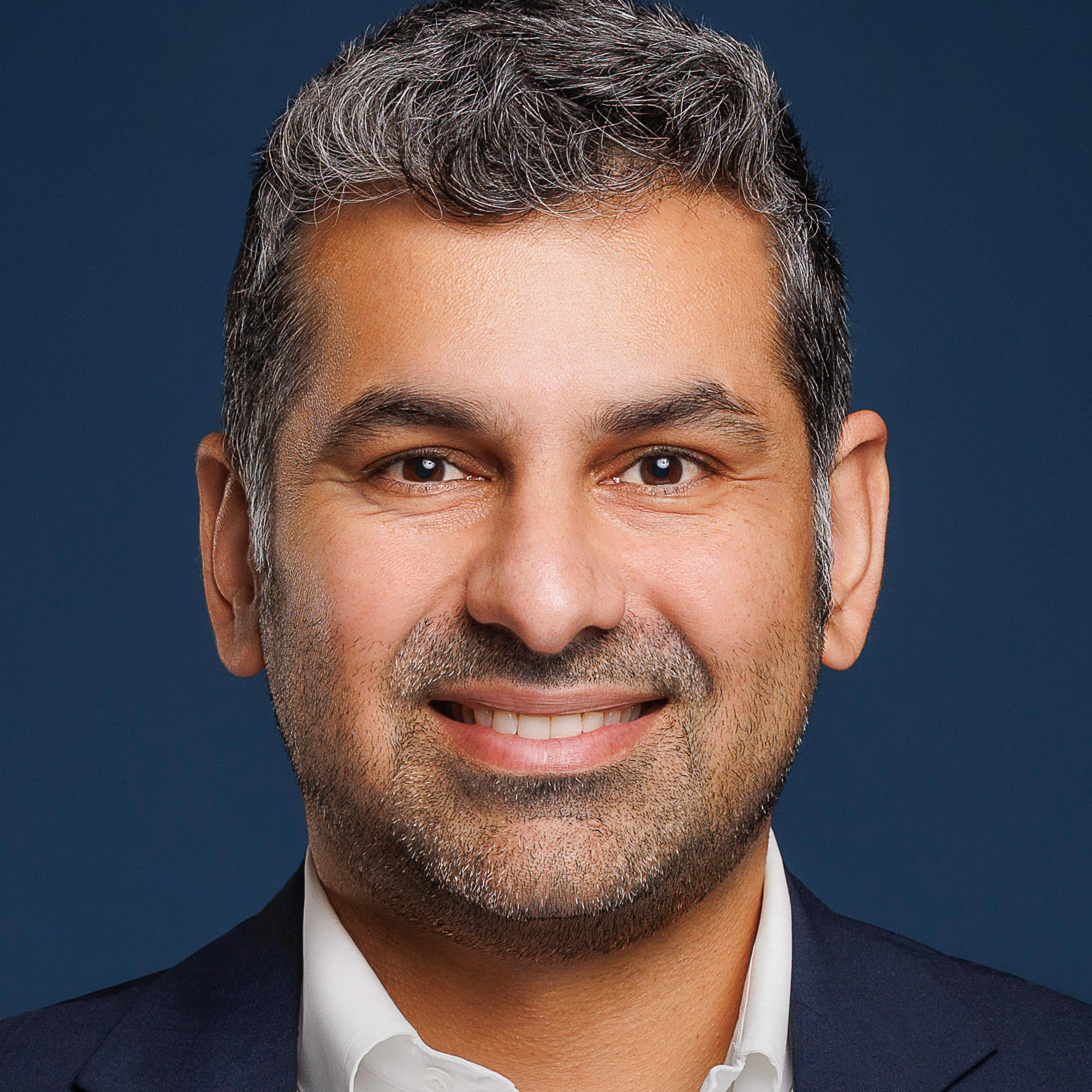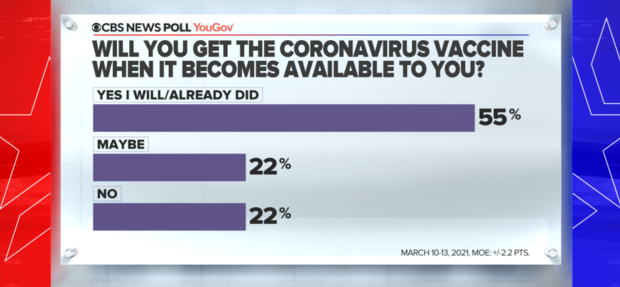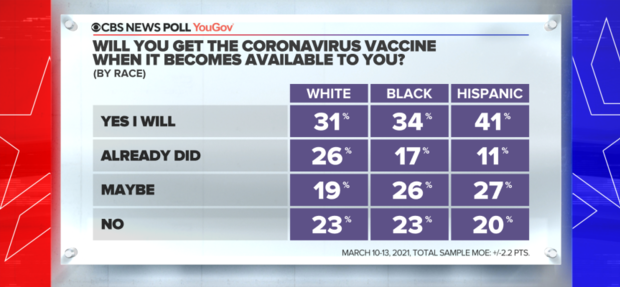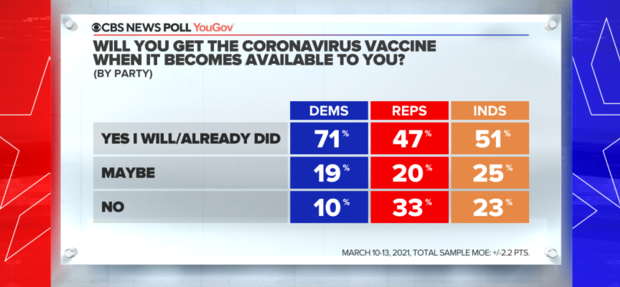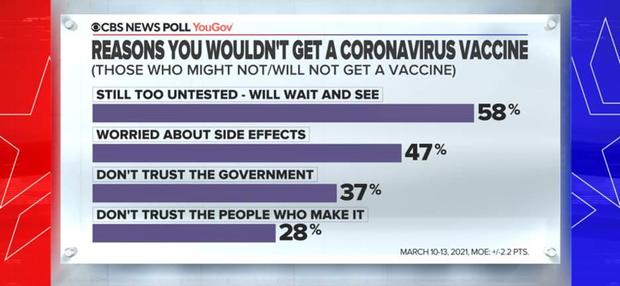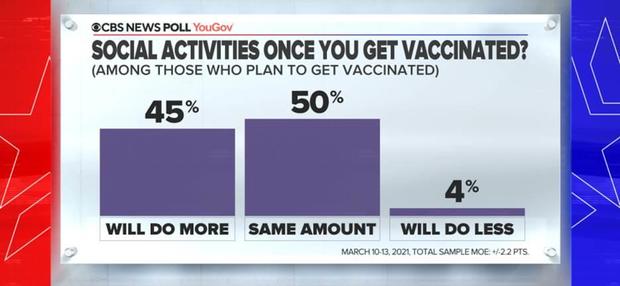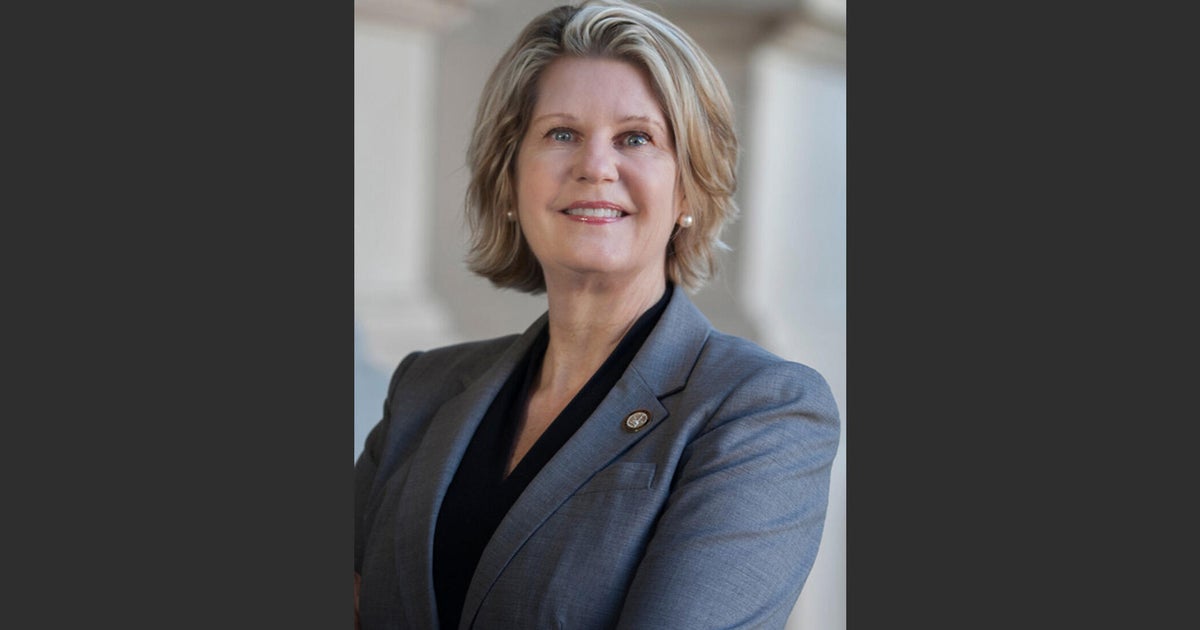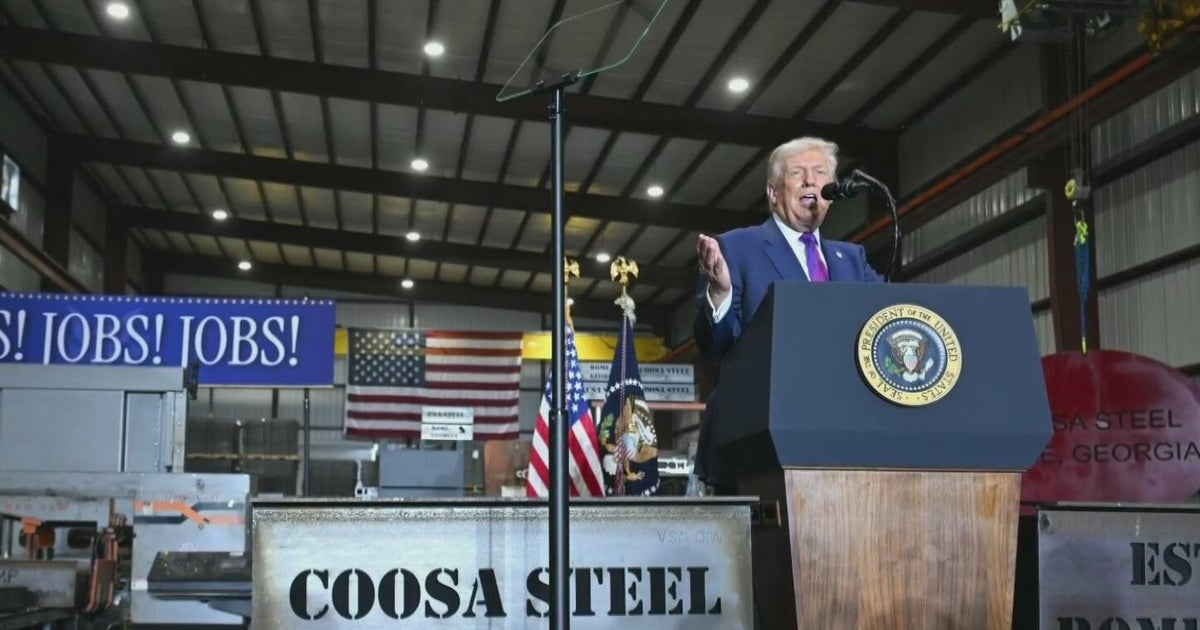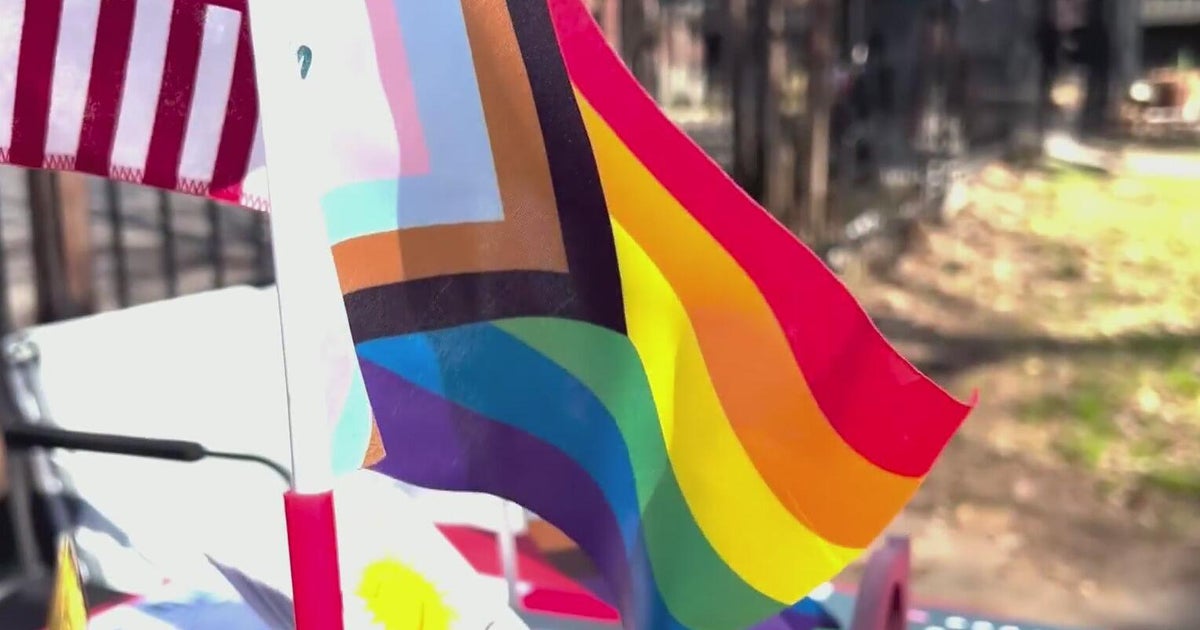Vaccines drive optimism about containing COVID-19 pandemic — CBS News poll
A majority of Americans say they'll get a COVID-19 vaccine when it becomes available to them or already have had at least one shot, as vaccination efforts are driving national optimism about containing the coronavirus. Overall, the percentage of people willing to get the vaccine, plus the number who report getting one, has been on the rise.
But that optimism may meet the reality of vaccine hesitancy down the line, as many still say "no" or "maybe" to vaccines. This reluctance is connected to partisanship: Republicans, particularly younger ones, say they are less likely to get vaccinated when eligible.
One important change we've been seeing behind the rise in willingness is that today Black and Hispanic Americans are as likely as White Americans to say they'll get vaccinated if they haven't been already. Last winter, people of color voiced more concerns. Some who previously said that they were waiting to see what happened to others are now getting off the fence — on balance, they have shifted toward "yes."
Instead, the differences in vaccine willingness we observe are clearly linked with partisanship. Republicans and conservatives are the most likely group to express hesitancy. However, there are clear differences by age, with older Republicans more likely to express willingness to get their shots. In fact, a majority of Republicans age 65 and older report having already been vaccinated, while most of those under age 45 express hesitancy, indicating potential hurdles ahead in maximizing the vaccinated share of the population.
Looking at the 44% of Americans who either say "maybe" or "no" to the vaccine, the reason most frequently given is, "It's still too untested/I'm waiting to see what happens" (selected by 58%). The next most common reason is concern about allergies or side effects (47%), followed by distrust of the government (37%).
Those who outright say "no" to a vaccine, rather than "maybe," are especially likely to cite as their reasons distrust of the government, as well as of the scientists and companies that make the vaccines.
There's a broader connection between opposition to vaccines and skepticism about scientists and experts more generally. Six in 10 of those who say they won't get a vaccine also say the scientists have been wrong on the coronavirus most or all of the time. Six in 10 also say that mask mandates and social distancing requirements don't help control the spread of the virus (though just a quarter of Americans express this view overall).
While concern about adequate testing and side effects spans racial groups and the political spectrum, vaccine-hesitant Republicans are particularly likely to say they don't trust the government. Nearly half say so, and about a third say they just aren't that concerned about the virus, consistent with a lower level of concern we've seen among Republicans for the past year.
Most Americans aren't treating vaccination as a get-out-of-jail-free card. In fact, those who have been vaccinated don't appear to be acting too differently than they were before. Eight in 10 say they're doing the same amount of going to public places and visiting friends and family. Some of these people may have only received an initial dose, while others are still uncomfortable being out and about. Most vaccinated Americans indicate that they are still not comfortable going to restaurants and bars (58%), parties (66%) and movie theaters (79%), for example.
Among those who haven't been vaccinated yet but plan to be, 45% say they plan to go out more, while half say they plan to go out about the same amount as they are now. Both groups report looking forward to a variety of activities once the outbreak is over or once more restrictions are ended. Gathering with friends and family tops this list (73%), followed by going to restaurants and bars (64%), and traveling (62%).
Another reason people may not immediately change their behavior is that nearly four in 10 say the outbreak won't get better in the next few months. These people are more likely than others to say they're not planning to go out more after they've been vaccinated.
And even those who've been vaccinated still express concern about themselves or a close family member getting COVID-19. Seven in 10 of them say they are still at least somewhat concerned — lower than the 84% concerned among those who want vaccines, but higher than the 55% concerned among those who are hesitant about getting vaccinated.
Two-thirds of Americans give the Trump administration's policies at least some credit for the development of a vaccine, though only a third say they should get a lot of credit. While these views are colored by partisanship, even four in 10 Democrats give the policies some credit.
Seven in 10 Americans give President Biden positive marks for his handling of vaccine distribution, including four in 10 Republicans.
Over two-thirds also give their states positive marks on the distribution of the vaccines, though most say their state is only doing a "somewhat good" job. Those who feel the process for getting a vaccine — like registering for an appointment and checking availability — is difficult are more likely to say their state is doing a bad job.
Perhaps unsurprisingly, those who report already having been vaccinated are the most positive on their states' efforts. So as the pool of unvaccinated people who want vaccines shrinks, overall satisfaction with distribution efforts may grow, though it will likely depend on how quickly states can meet demand once more people become eligible.
Amid a high-water mark in Americans' assessments of the country's efforts against the virus, vaccines are one of the main sources of optimism. Six in 10 say the pandemic will get better over the next few months, and when asked why they think so, one reason jumps to the top of the list: "People are getting vaccinated."
This CBS News survey was conducted by YouGov using a nationally representative sample of 2,382 U.S. residents interviewed between March 10-13, 2021. This sample was weighted according to gender, age, race and education based on the American Community Survey, conducted by the U.S. Bureau of the Census, as well as the 2020 presidential vote and registration status. The margin of error is ± 2.2 points.
